
Last week, the @WorldBank released a global food security update.
All the🔴red on the map = bad news: food inflation remains high in almost all low-& middle-income countries, the share of high-income countries w high inflation increased.
A short🧵
All the🔴red on the map = bad news: food inflation remains high in almost all low-& middle-income countries, the share of high-income countries w high inflation increased.
A short🧵
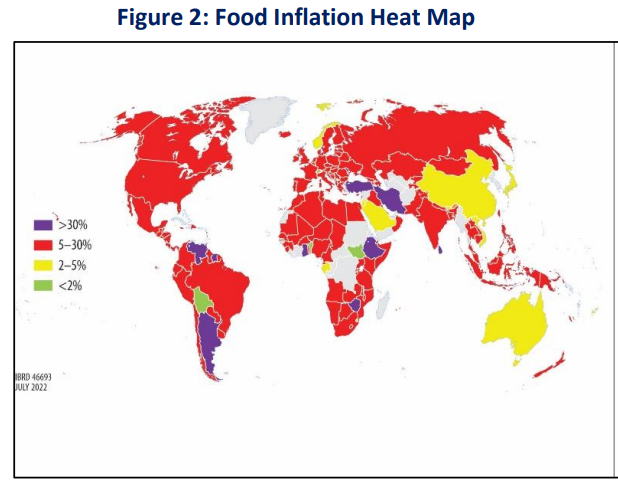
Countries with the highest nominal food inflation (year-to-year) as listed in the report:
- Lebanon 332%
- Zimbabwe 255%
- Venezuela 155%
- Turkey 94%
- Iran 86%
- Sri Lanka 80%
- Argentina 66%
- Suriname 55%
- Ethiopia 38%
- Moldova 34%
thedocs.worldbank.org/en/doc/40ebbf3…
- Lebanon 332%
- Zimbabwe 255%
- Venezuela 155%
- Turkey 94%
- Iran 86%
- Sri Lanka 80%
- Argentina 66%
- Suriname 55%
- Ethiopia 38%
- Moldova 34%
thedocs.worldbank.org/en/doc/40ebbf3…
Prices for all commodities -iron, oil, wheat- are heavily influenced by what’s called the “futures market," where commodities are bought & sold for delivery at future dates. UN human rights experts have found inadequate regulation to enable speculation, threatening right to food. 
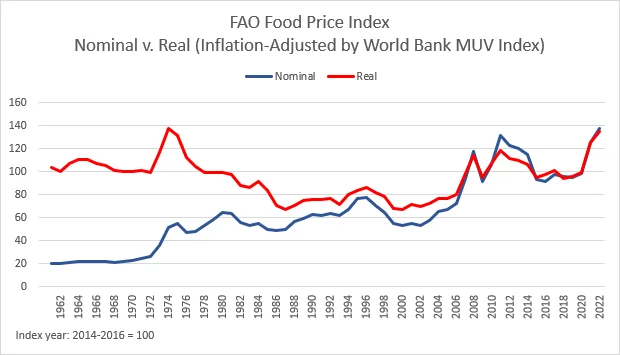
Rising food prices mean more people are skipping meals, going hungry.
In April, @hrw reported on the looming food crisis in many African countries, where food insecurity was already high and rising before the war in Ukraine.
hrw.org/news/2022/04/2…
In April, @hrw reported on the looming food crisis in many African countries, where food insecurity was already high and rising before the war in Ukraine.
hrw.org/news/2022/04/2…
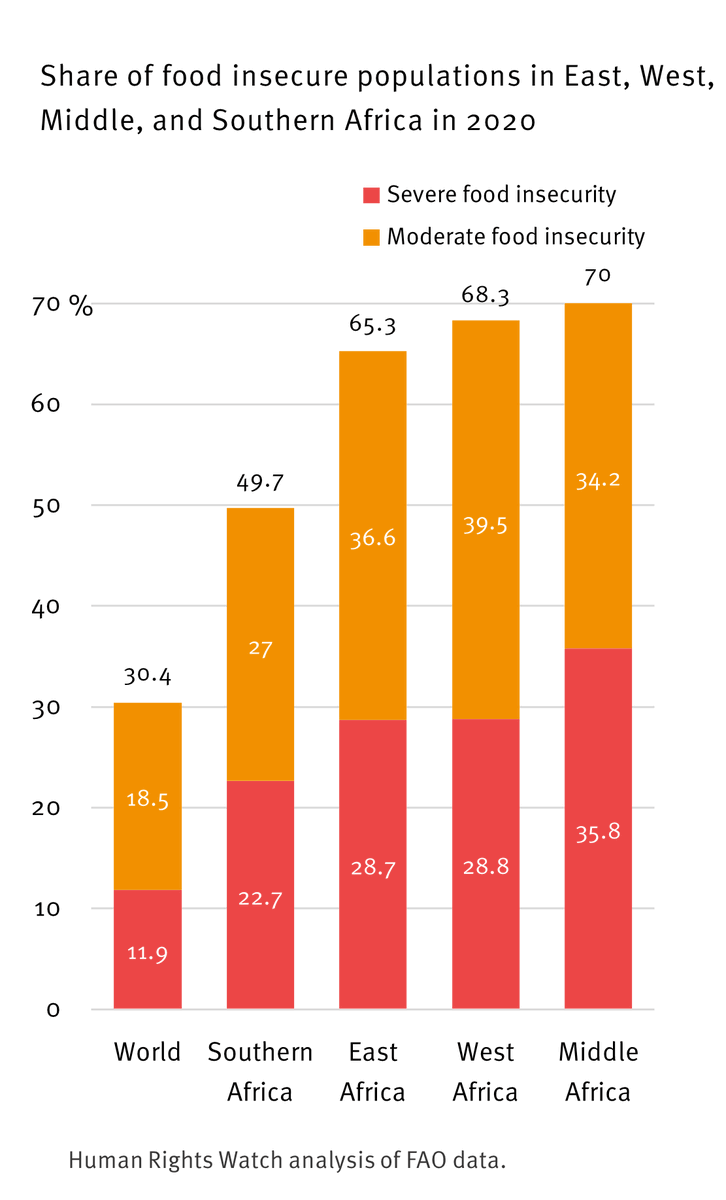
Many countries, including in the Middle East and North Africa, have severely inadequate social protection systems that don't help people cope with an increase in food prices. @sarah_saadoun
hrw.org/news/2022/03/2…
hrw.org/news/2022/03/2…
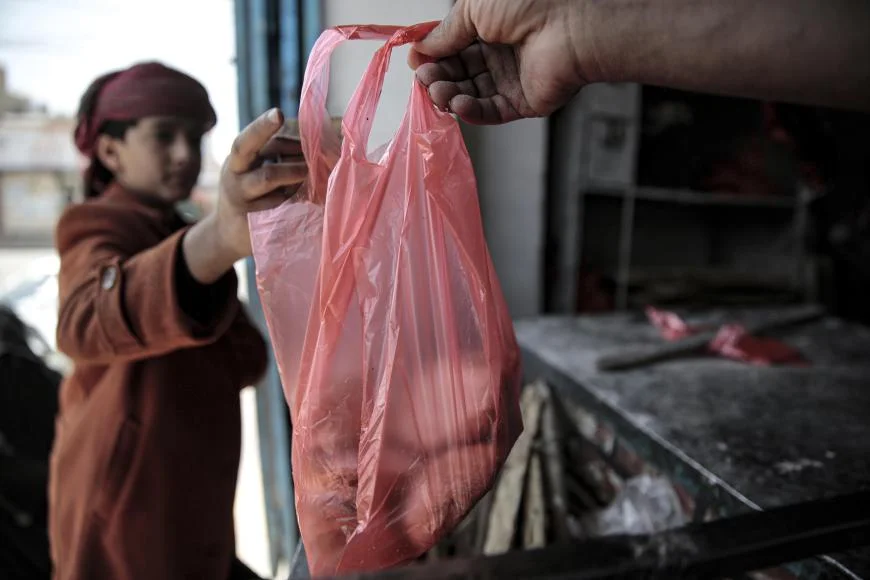
In Spain, government efforts to expand an inadequate social safety net during the pandemic ve offered too little, too late, to too few.
Thousands of people still rely on emergency food aid, parents are skipping meals so their kids can eat. @Kartik__Raj
hrw.org/news/2022/07/1…
Thousands of people still rely on emergency food aid, parents are skipping meals so their kids can eat. @Kartik__Raj
hrw.org/news/2022/07/1…
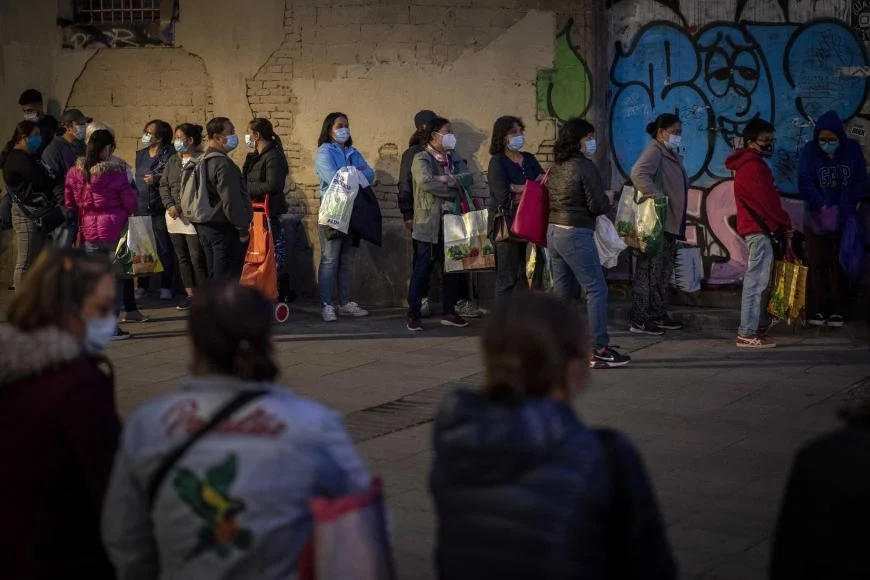
In Afghanistan, half of the population is suffering emergency levels of food insecurity. @johnsifton @hrw
hrw.org/news/2022/08/0…
hrw.org/news/2022/08/0…
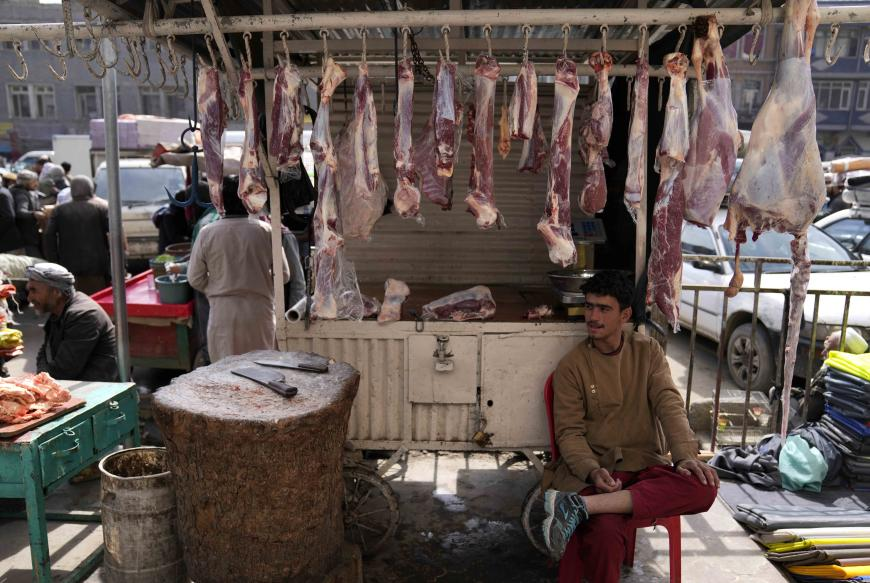
In the US food bank use is increasing again too, food insecurity is back up to where it was during the heights of the pandemic.
A survey by @urbaninstitute finds that 1 in 5 adults reported experiencing food insecurity in July.
nytimes.com/2022/08/04/bus…
A survey by @urbaninstitute finds that 1 in 5 adults reported experiencing food insecurity in July.
nytimes.com/2022/08/04/bus…
Governments should act to protect everyone’s right to food. This includes making food systems more sustainable & climate resilient, better regulating markets to ensure affordability and prevent price volatility, and creating universal social protection systems.
• • •
Missing some Tweet in this thread? You can try to
force a refresh



